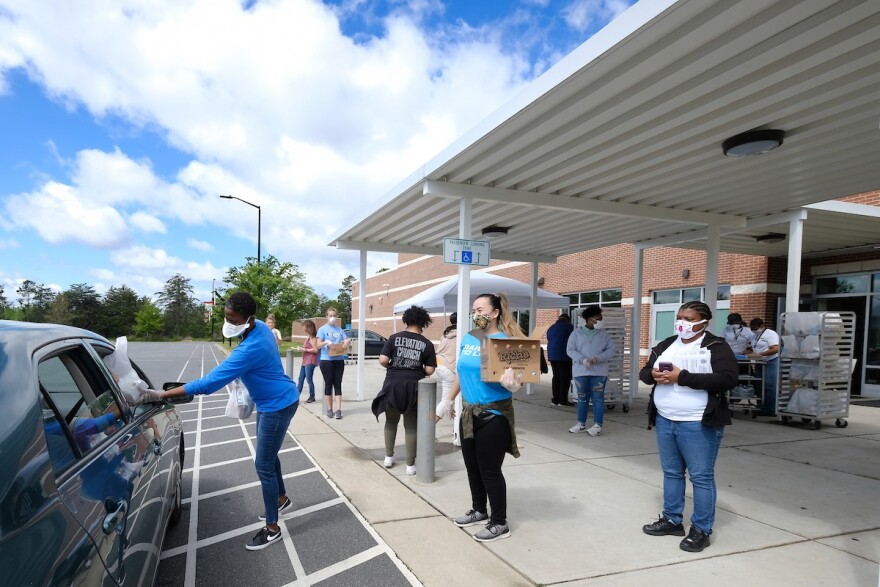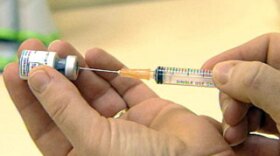North Carolina schools could forfeit millions of dollars in COVID-19 relief money that was earmarked for summer learning programs, State Auditor Beth Wood says. An audit released last week urges state education officials to keep better track of the emergency money.
Not long after the pandemic forced schools to close last spring, the North Carolina Department of Public Instruction got $316 million in federal relief money.
Wood reviewed how that money had been spent as of the end of August. She found that the General Assembly had tagged $70 million for summer programs to help elementary students who fell behind on reading and math. But when summer ended, only $31 million had been distributed.
"If it doesn’t get spent by Dec. 30 it goes back to the feds," Wood said.
Wood says the General Assembly would have to act quickly to reallocate the money for other academic support.
Not Enough Controls
The audit also raised a broader concern: Wood says the department doled out the money to local districts and charter schools without tracking how many students were eligible for the summer program, how many participated and whether those programs improved children’s reading and math skills.
"There’s nothing in place to measure that. Nothing," she said. "So you may have spent $31 million and nothing got accomplished."
Her audit raised similar concerns about $75 million spent on feeding programs that replace cafeteria meals when students are learning remotely. She says the state isn’t tracking whether all the students who need those meals are getting them, or whether local sites are using adequate safety measures.
"Now, what you don’t want to do is let bureaucracy hold up getting the money to those in need," Wood said. "But at the same time, if you push it out and it goes to the wrong people or it doesn’t get spent for the right things, what have you accomplished anyway?"
Superintendent Disputes Findings
In a written response, Superintendent Mark Johnson says the initial goal was to feed as many kids as possible. During the summer, meals were distributed to any child under 18 whose parents asked, regardless of whether those children were enrolled in public schools.
"DPI worked to provide food to any child who was in need of food during this crisis," Johnson wrote. "The alternative would be letting children go hungry."
On other points, Johnson blamed members of his own staff for giving auditors what he called inaccurate and potentially misleading information. He also blamed the state Board of Education for making it difficult to track reading progress. Johnson and the board spent much of the past year at odds over a contract with Istation for reading assessment.
Wood says she hopes to get better cooperation from superintendent-elect Catherine Truitt, who takes office on January 4. She said she doesn't think the party difference — Wood is a Democrat, Truitt a Republican — will be a barrier.
Truitt and Wood met to talk about the audit Friday afternoon. Afterward Truitt declined to talk to WFAE about the audit.
Wood says the urgency of the COVID-19 pandemic creates a difficult situation, but she compares it to disaster relief spending after a hurricane.
"I believe that leadership in North Carolina is smart enough to push it out fast and yet account for it and make sure it gets spent for the right things also," Wood said.
Last week's report is an interim audit. It says there’s potential for COVID-19 relief money to be misspent, but no evidence that it actually has been. Wood says she’ll be looking for that in the final audit, which is due March 1.
Copyright 2021 WFAE. To see more, visit WFAE. 9(MDAxNzg0MDExMDEyMTYyMjc1MDE3NGVmMw004))












